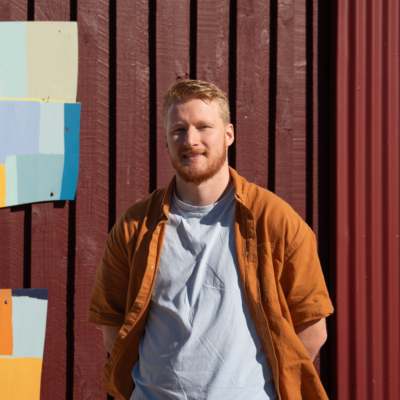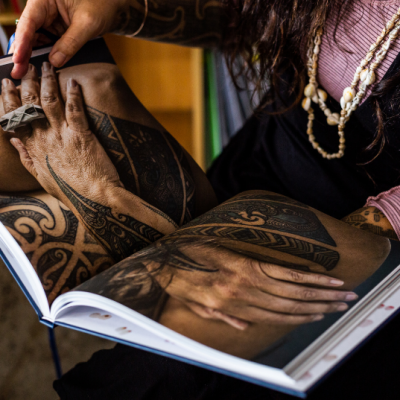Creative Patapatai
Sam Allen is an international muralist, painter, poet, and illustrator from Tauranga. With over 30 public works in eight countries, Sam’s art has graced cities like Dubai and Sydney, as well as remote regions in Africa. Starting with The Incubator at the Historic Village in Tauranga, Sam has worked with local councils, schools, and community groups, making a significant impact both locally and globally.
Your occupation, job title, artistic discipline (or very brief description of what you do).
I’m an international muralist, painter, poet, and illustrator from Tauranga with murals in eight countries throughout the globe. I’ve facilitated and created a sizable 30 public works of art over the past six years. My artistic escapades around the world have taken me from major metropolises like Dubai, Singapore and Sydney to remote regions of Africa, including Kenya, Tanzania, Botswana and Namibia, in which I’ve painted murals for everyone from beachfront resorts to orphanages.
My home is Tauranga, a place whose people have been instrumental to my career. Starting out with The Incubator at the Historic Village, I met my first mentor Pablo Raíz, a Bolivian muralist traveling around the world creating magnificent artworks. Since then I’ve worked on multiple projects with local councils, schools and community groups.
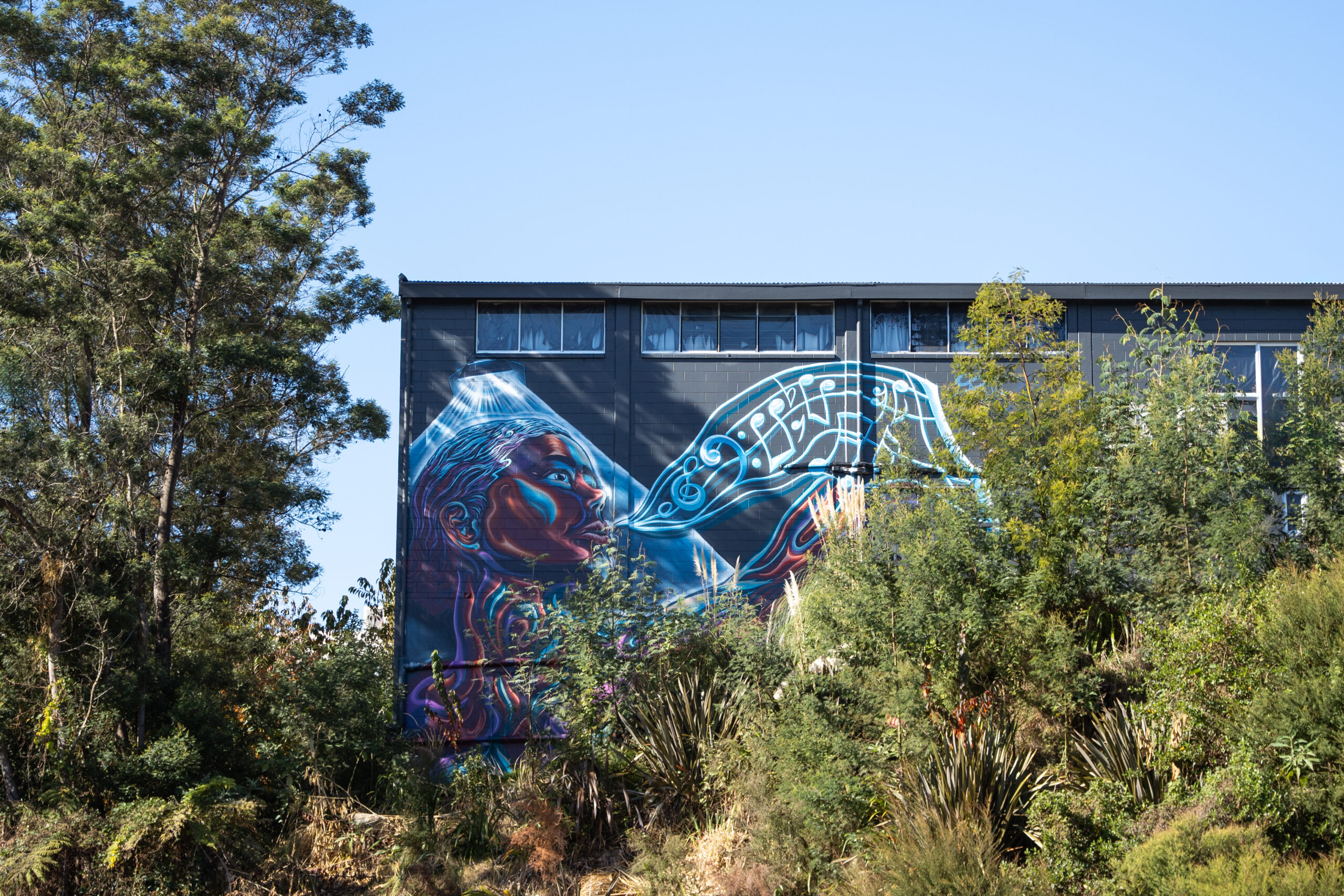
What initially inspired you to take your mural art to Africa, and how did the opportunity come about?
My inspiration for traveling around Africa while painting murals started where most grand ideas of adventure come from, the innocent yet relentless exploration of childhood. The Lion King is my first memory of an artwork exuding emotions deeper than simple entertainment. The mature themes of death, responsibility and resilience connected with my young self subconsciously and led my early life into exploring everything to do with the nature and animals of Africa. So much so that my first answer to the common question, “What do you want to be when you grow up?” was a zoologist.
As I grew up I learned about the culture and the people of the continent which added to my fondness for Africa. Then the innocence was stripped away. I learned of the historic and current day oppression of people who’s only sin was being born in the wrong place. The constant fear mongering in culturally European countries about Africa didn’t fit with my understanding of the continent. So I had to go see for myself.
In my travels the dangers that I had been warned about became trivial and my admiration for Africa only grew. I managed to connect deeply with many people, despite any language barriers, through art. I did this by painting murals in every country I traveled to. I painted a mural on Nyali beach in Mombasa, Kenya, of Samir, a local pro water sport athlete. A crowd gathered to watch the artwork unfold. I received a lot of compliments, some in perfect English, others in Swahili, but all heartfelt and incredibly welcoming. Samir invited me into his family and they treated me like one of their own. He took me to see the neighbourhood that he grew up in and taste the local delicacies. Thanks to him I experienced Mombasa in all its glory and charming absurdities. I felt a need for artistic expression in these communities because it is hard to spend time on art when you don’t know where your next meal is coming from.
Unfortunately I didn’t have enough time to do justice to their stories but I hope the artwork I left behind inspires a few to tell their own stories.
What were some of the most memorable interactions you had with local communities while working on your murals in Africa?
It’s hard to pick just one part from my travels that stands out above the rest because the whole journey was a cohesive story. But the peak that embodies the totality of my time in Africa was at The Bernhard Nordkamp Centre (BNC), a school that is a safe haven for children to grow, learn, and play, without the worries of their difficult lives at home, located in the Katutura district of Windhoek, Namibia, a district with extreme social and economic challenges. I painted a mural at the BNC alongside the kids there. I was a world away in a completely different country to New Zealand with an extremely different culture, but the children at BNC reminded me exactly of other children I’ve taught in New Zealand. The students at the BNC became the personification of the fact that we as humans are all the same, and that the differences we perceive are insignificant in comparison to the vastness of our similarities.
I will never forget what the kids at the BNC taught me about life where they’re from: about the adversity they’ve had to overcome before they knew what adversity meant; about how to appreciate life with so little and still manage to give to others; and about what it means to be human no matter where you’re from.
How do you want your art/work to make viewers feel?
Alive.
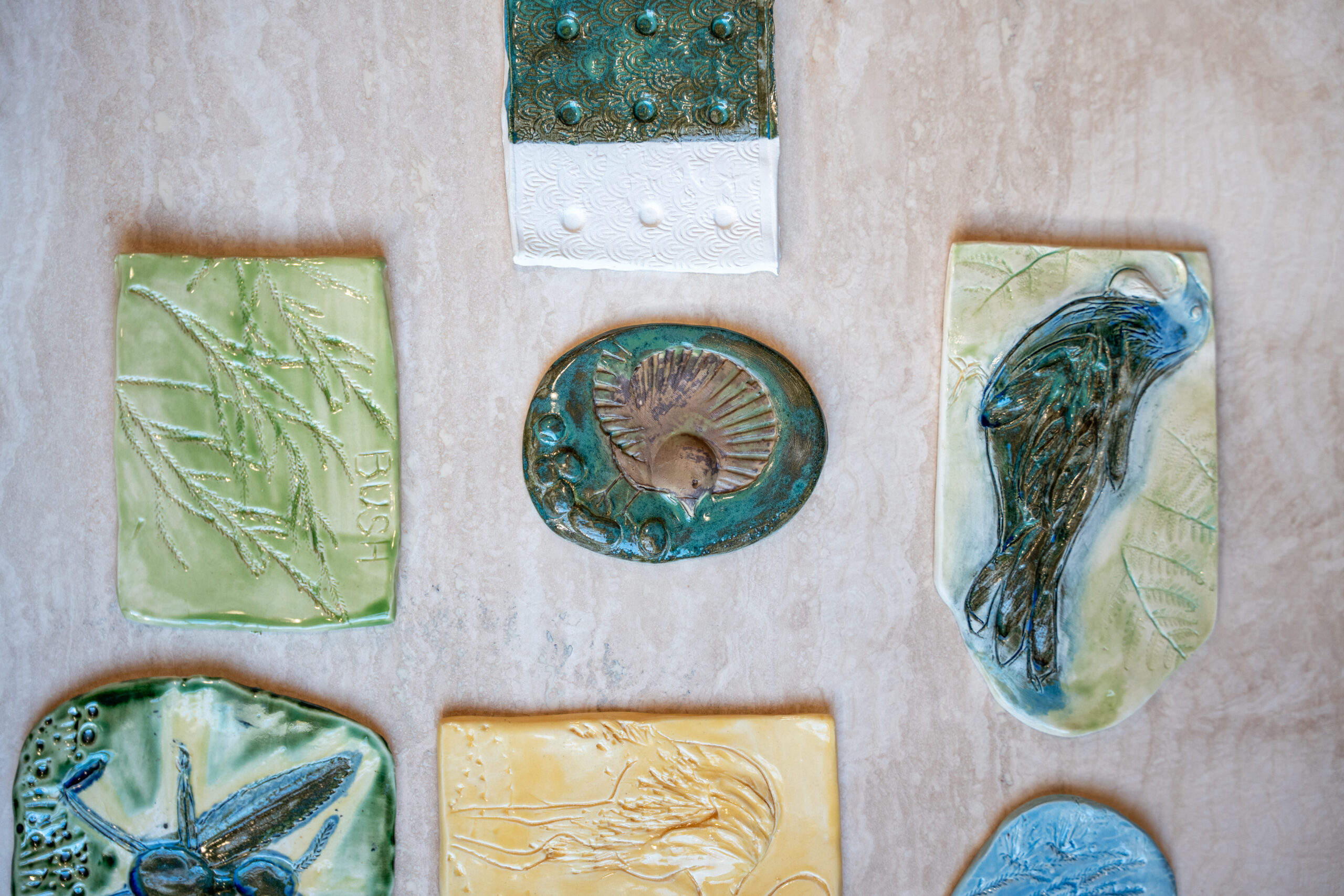
What does success look like for you?
Simply to be able to build and support a life for myself and a future family off a career in art all while doing good for the world.
If you didn’t become an artist, what would you be doing?
Nothing of major importance to anyone, especially myself.
How do you know when an artwork is finished?
A piece of art is never finished. You conceive an idea, participate in its inception, guide its development, put as much of yourself and your values as you can into it, obsess over every detail, constantly questioning where you went wrong, work tirelessly at it for countless hours, then finally, hesitantly, allow it to be released into the world where it lives out a life of its own. Even when you die it continues to live and evolve past any expectation you had when you began. Eventually it will wither with time.
There is never a day where a piece of art is finished, only a day where its existence is forgotten.

What is the role of an artist in society?
An artist’s role in society is to deeply question aspects of the world that often get overlooked. This exploration into the unexplored jungles of the mind expands the collective conscience of a society. The discovery of new mental territory provides a society the opportunity to grow and evolve. Not all societies take this opportunity.
Without artists to fulfill this role a society becomes stagnant in its understanding of the world. The world is always changing; if you look at maps of the world over the years you’ll see countries you’ve never heard of, boulders expanding and declining, and multiple grand period-defining civilisations now extinct. I’m not just talking about ancient history. Looking at an atlas from 60 years ago will show you a world you vaguely recognise. What lives on to tell us the stories of lost civilisations? Art. Carvings, poems and paintings of what humans whose names have been long forgotten held important. From this art we can see what people throughout time have held important was centered around morality, spirituality and culture. Artists take the essence of what we hold truly important and distill it into a bite-sized consumable experience, like a song, painting or poem, allowing everyone else to focus on their life’s urgencies like family and bills, while artists find ways to neatly package and deliver esoteric and abstract thoughts to the masses.
Ultimately the role of an artist as I see it is to survey, build, maintain and evolve a society’s collective conscience.
What was your first real job, second, third?
Being an artist was my first real job because it is the first job where I feel like I can live up to my full potential and provide the most I can for the world. Most other jobs I felt I was selling my time to perform a task that was helping a company more than I was helping humanity.
Now that you’re back in Tauranga, how has your trip influenced your perspective on your art or your future projects? Will you incorporate any elements from your African experience into your work moving forward?
The biggest way my travels have influenced the trajectory of my future is that I have a renewed belief that no project is impossible and conveying the most intangible concepts can be done.
The Africa that I saw and experienced is extremely different from the Africa that most people in New Zealand imagine. So I will endeavour to incorporate my perspective of Africa so that others can see the true beauty of the places, people and nature of Africa.
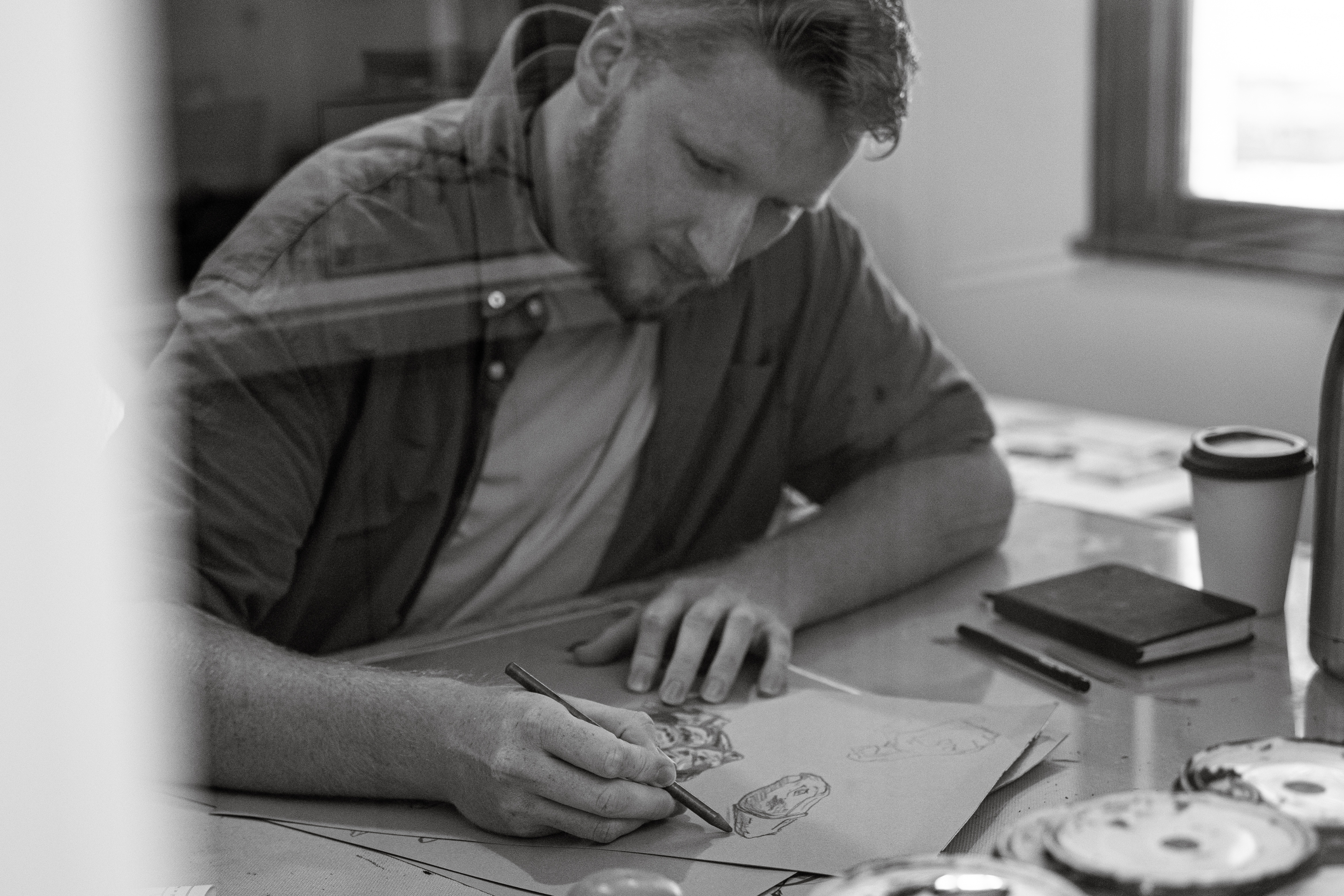
What word of advice would you offer an aspiring creative person?
Aspiring Artist
No one knows your path like you
Progress is made by creating, not thinking.
Create something that you enjoy,
Then create another,
Create, Create, Create,
When no ideas are left in your head
Explore until you find some more.
What’s the biggest problem about life in New Zealand? How would you solve it?
Disconnected communities solved by talking to strangers.
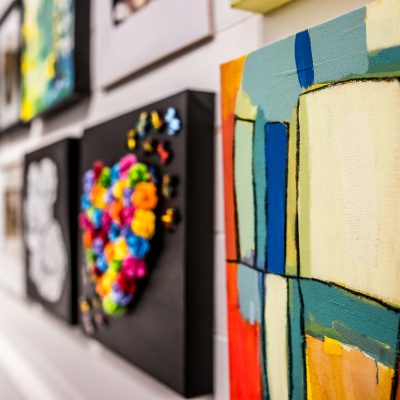
Creative Directory
Explore and connect with creative people, groups & spaces in Tauranga and Western BOP

